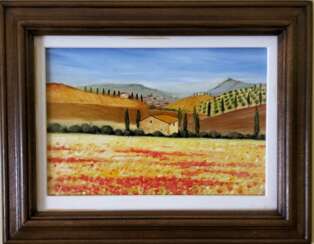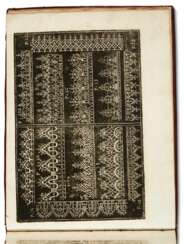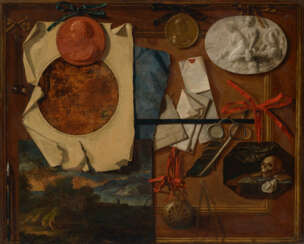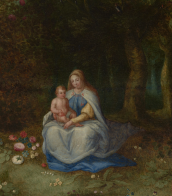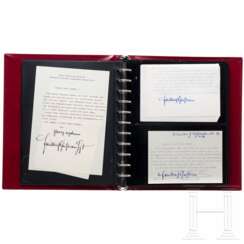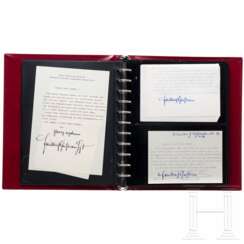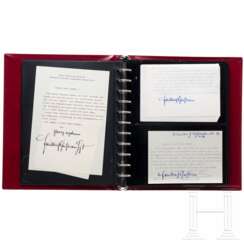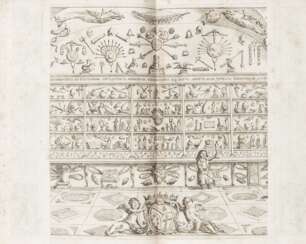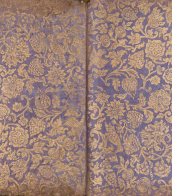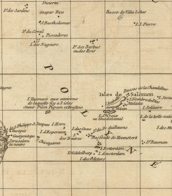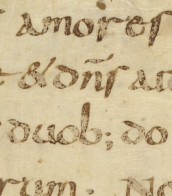nature of tuscany
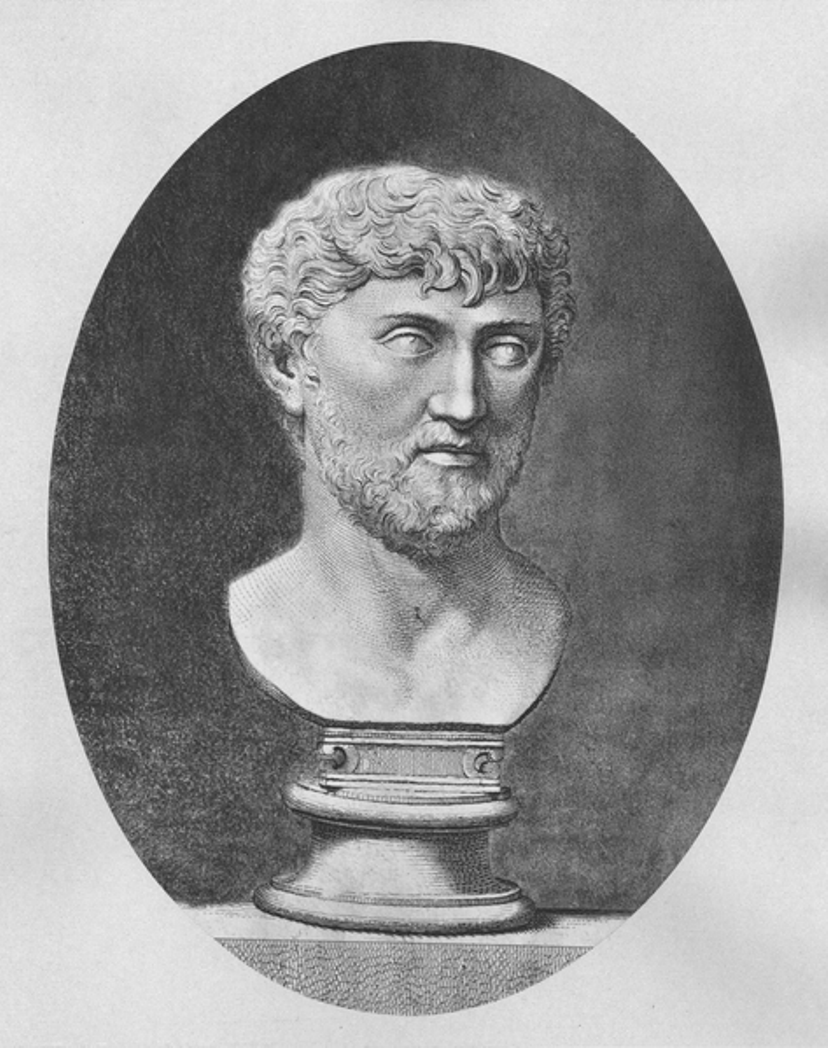
Titus Lucretius Carus was a Roman Epicurean poet and philosopher.
Lucretius is considered one of the most prominent adherents of atomistic materialism, a follower of the teachings of Epicurus. He is the author of a six-book Latin didactic poem on Epicurean physics, De rerum natura ("The Nature of Things" or "On the Nature of the Universe").
This poem is an extended exposition of the Epicurean worldview, a naturalistic explanation of the physical origin, structure, and destiny of the universe. It includes theories of the atomic structure of matter and the origin and evolution of life forms - ideas that eventually became the most important foundation and framework for the development of Western science. In addition to his literary and scientific influence, Lucretius served as an inspiration to a number of modern philosophers, including Gassendi, Bergson, Spencer, Whitehead, and Teilhard de Chardin.
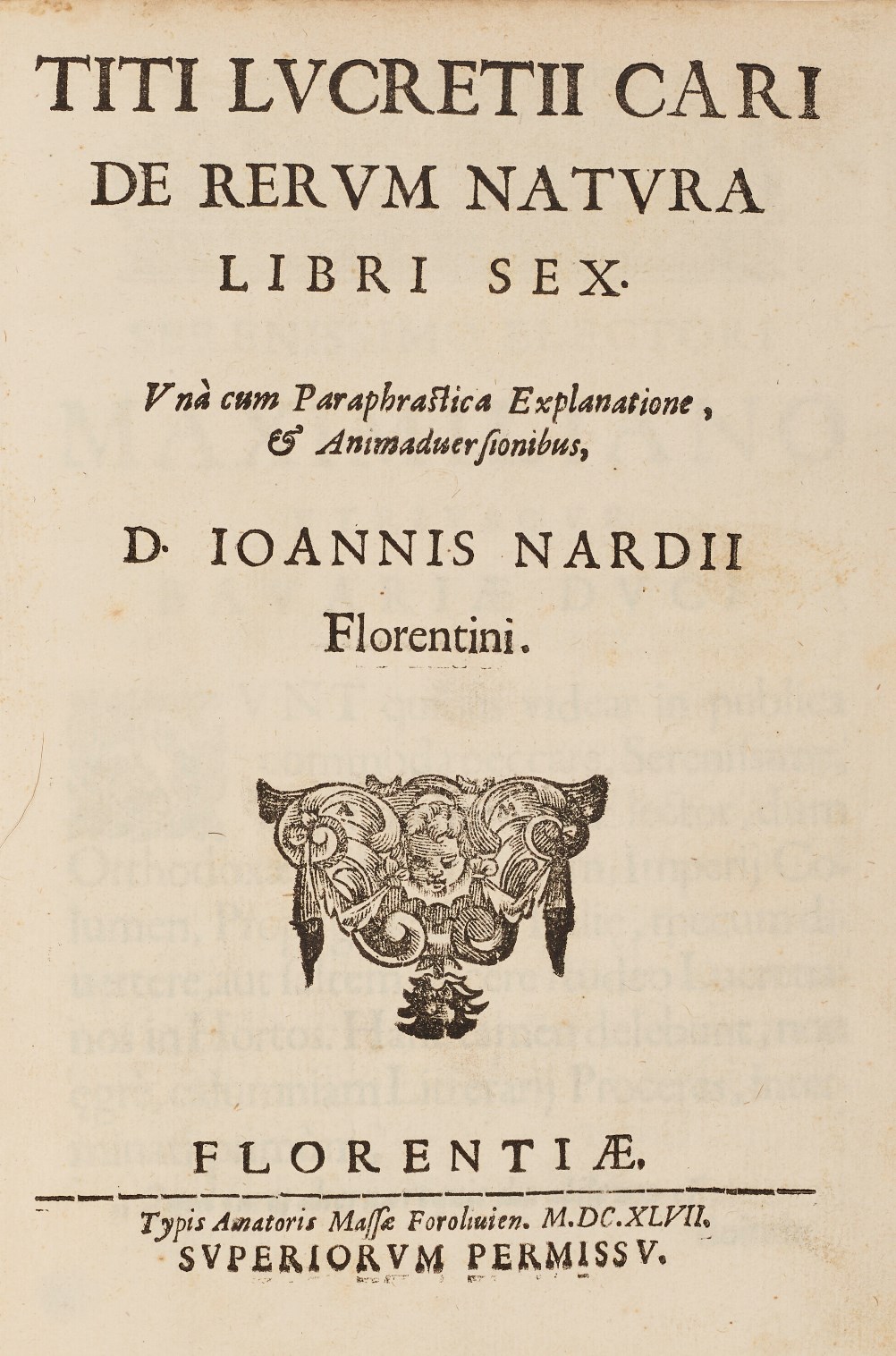
Giovanni Nardi was an Italian physician and natural philosopher.
After studying at the University of Pisa, Nardi worked as a physician in Florence. He corresponded with many of the leading natural philosophers and antiquarians of his time, including members of the Accademia dei Lincei. In 1620 Nardi became court physician to Duke Ferdinando II Medici of Tuscany and accompanied him on his travels. In his Florentine home, Nardi amassed a collection of antiques and curiosities.
Nardi wrote several volumes on natural philosophy, as well as a commentary on Lucretius entitled Titi Lucretii Cari De rerum naturae libri sex (1647). Nardi's commentaries on Lucretius's natural history, medicine, physics, and theory of atomism far exceed the poem itself.


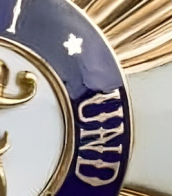
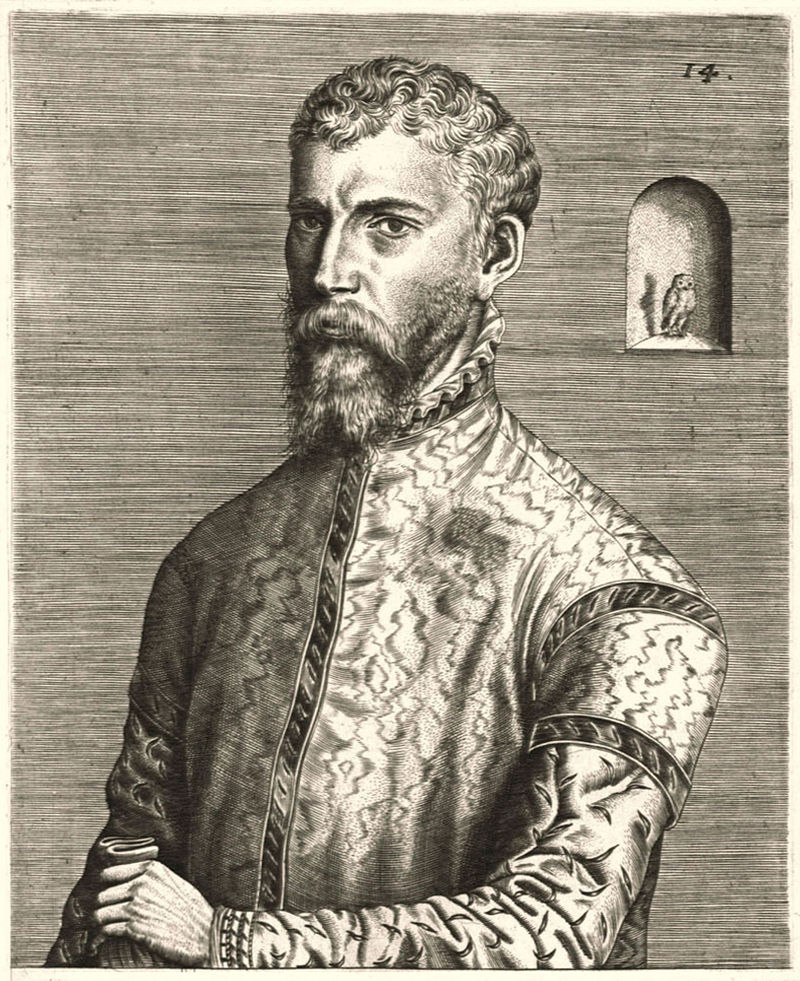
Herri met de Bles is a Flemish artist, along with Joachim Patinir, one of the founders of European landscape painting. He painted mainly landscapes with multi-figured compositions. Like Patinir, his style is characterized by stylized images of rocks and a careful rendering of aerial perspective.
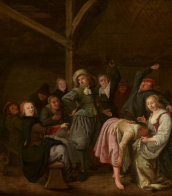
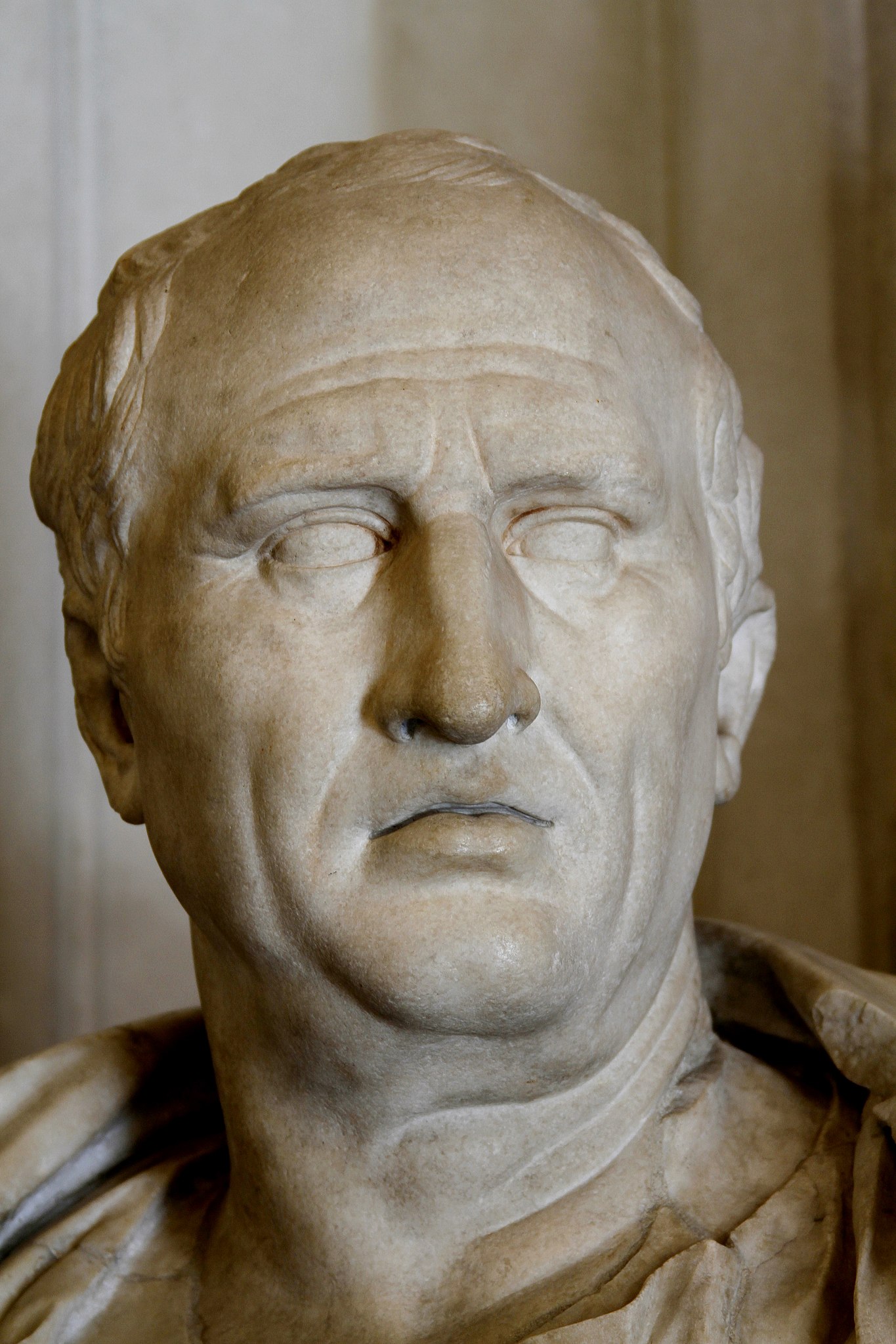
Marcus Tullius Cicero was a Roman statesman, lawyer, scholar, philosopher, and academic skeptic, who tried to uphold optimate principles during the political crises that led to the establishment of the Roman Empire. His extensive writings include treatises on rhetoric, philosophy and politics. He is considered one of Rome's greatest orators and prose stylists. He came from a wealthy municipal family of the Roman equestrian order, and served as consul in 63 BC.
His influence on the Latin language was immense. He wrote more than three-quarters of extant Latin literature that is known to have existed in his lifetime, and it has been said that subsequent prose was either a reaction against or a return to his style, not only in Latin but in European languages up to the 19th century. Cicero introduced into Latin the arguments of the chief schools of Hellenistic philosophy and created a Latin philosophical vocabulary with neologisms such as evidentia, humanitas, qualitas, quantitas, and essentia, distinguishing himself as a translator and philosopher.

